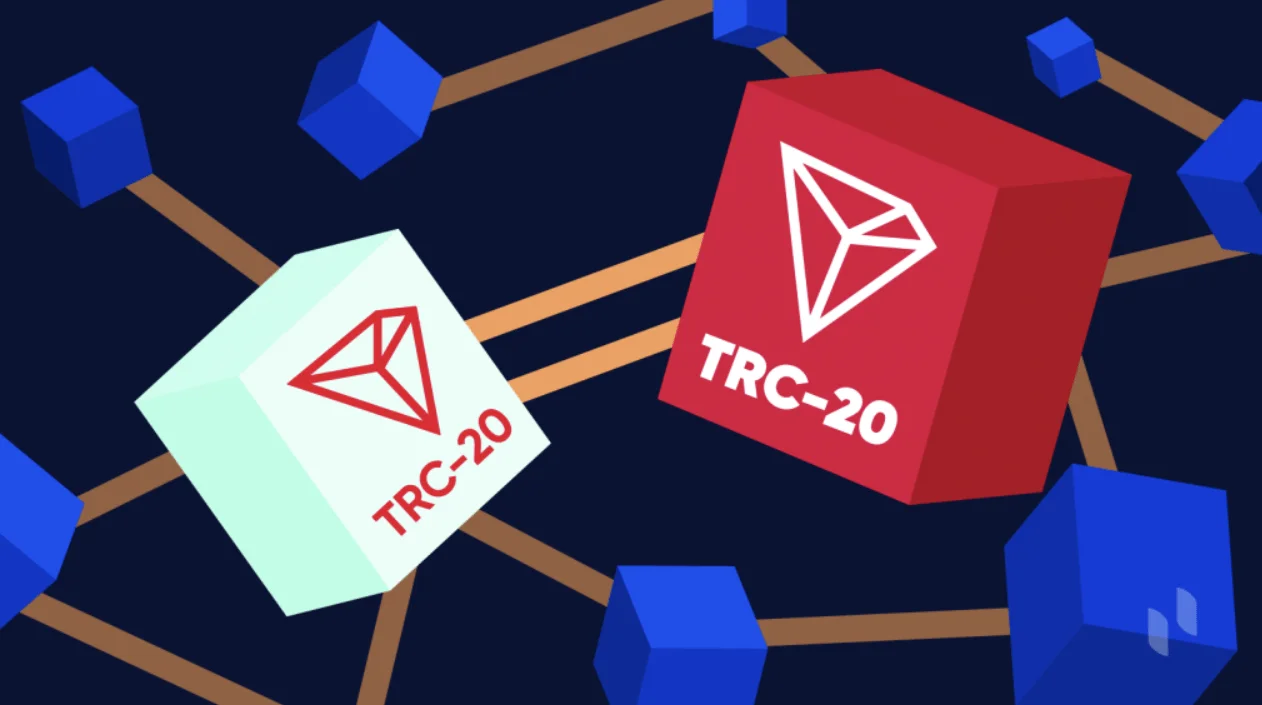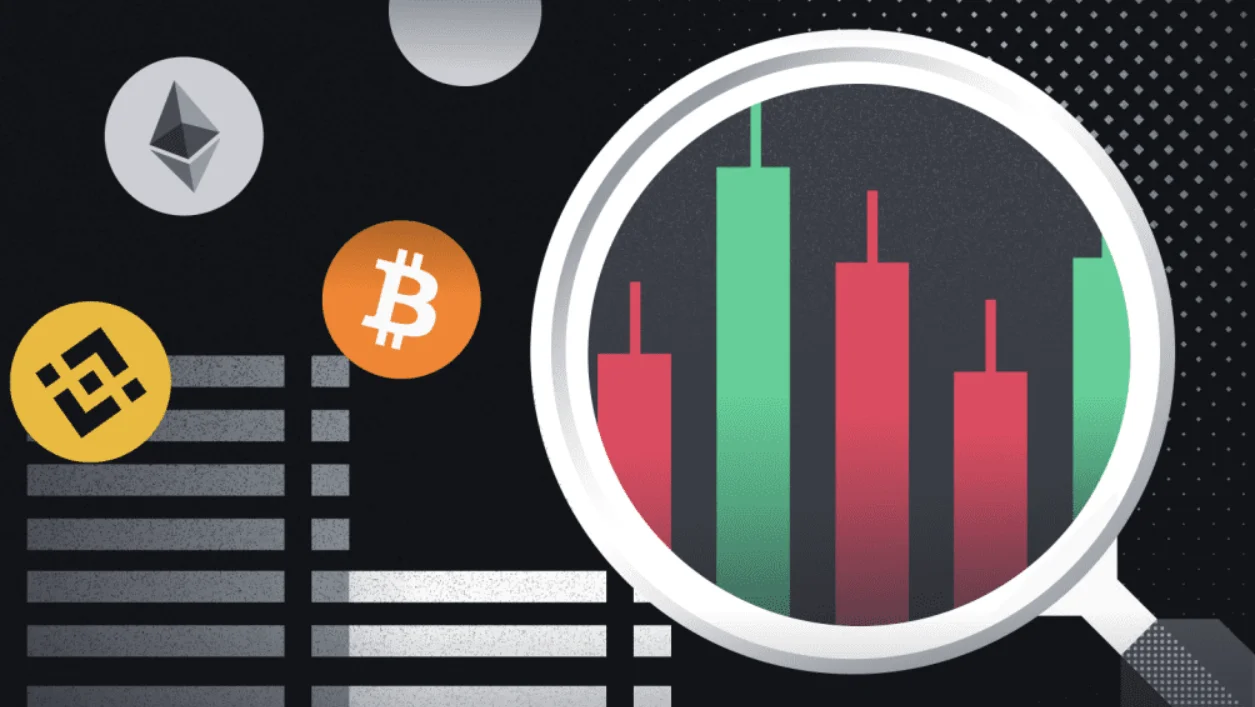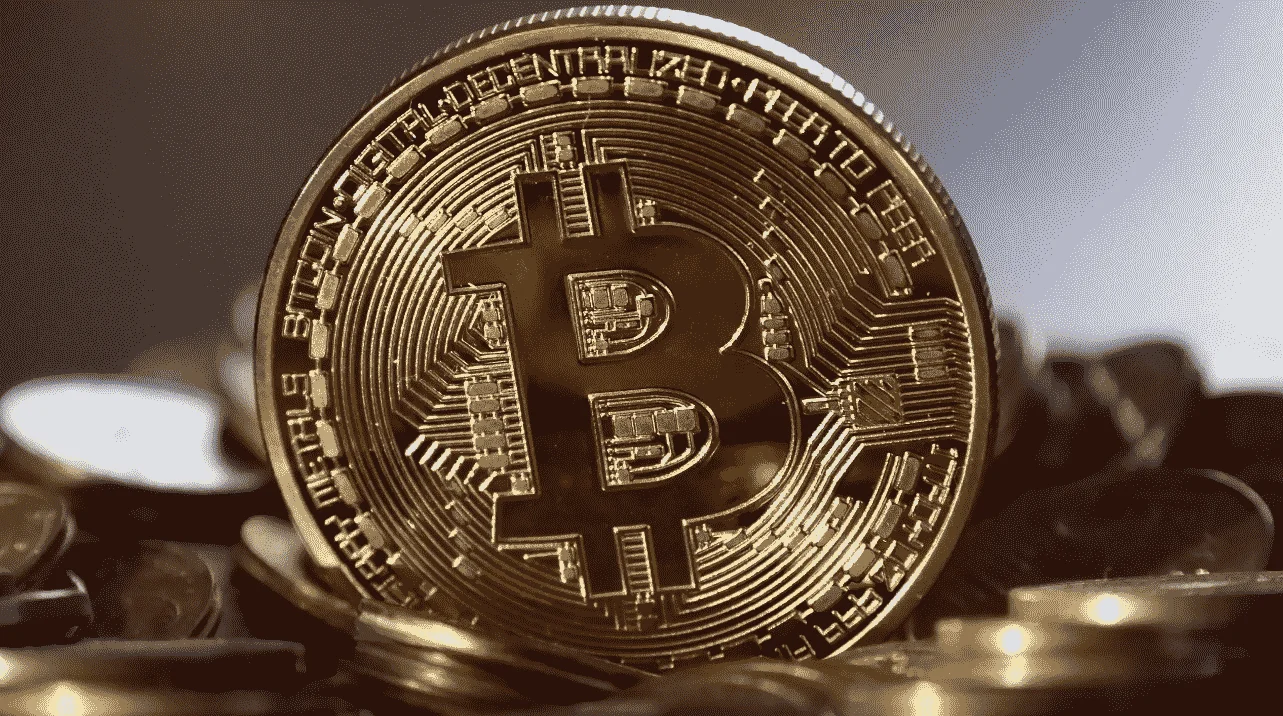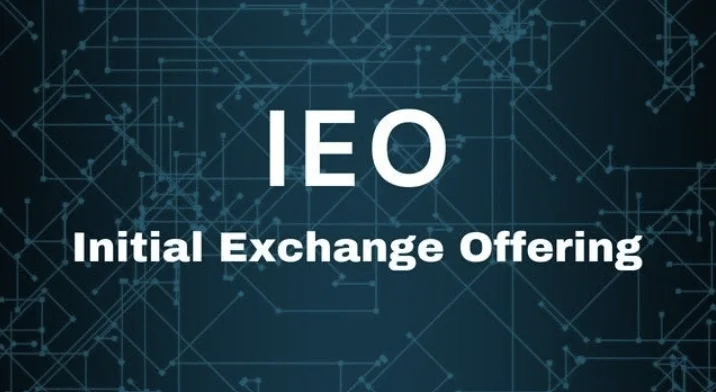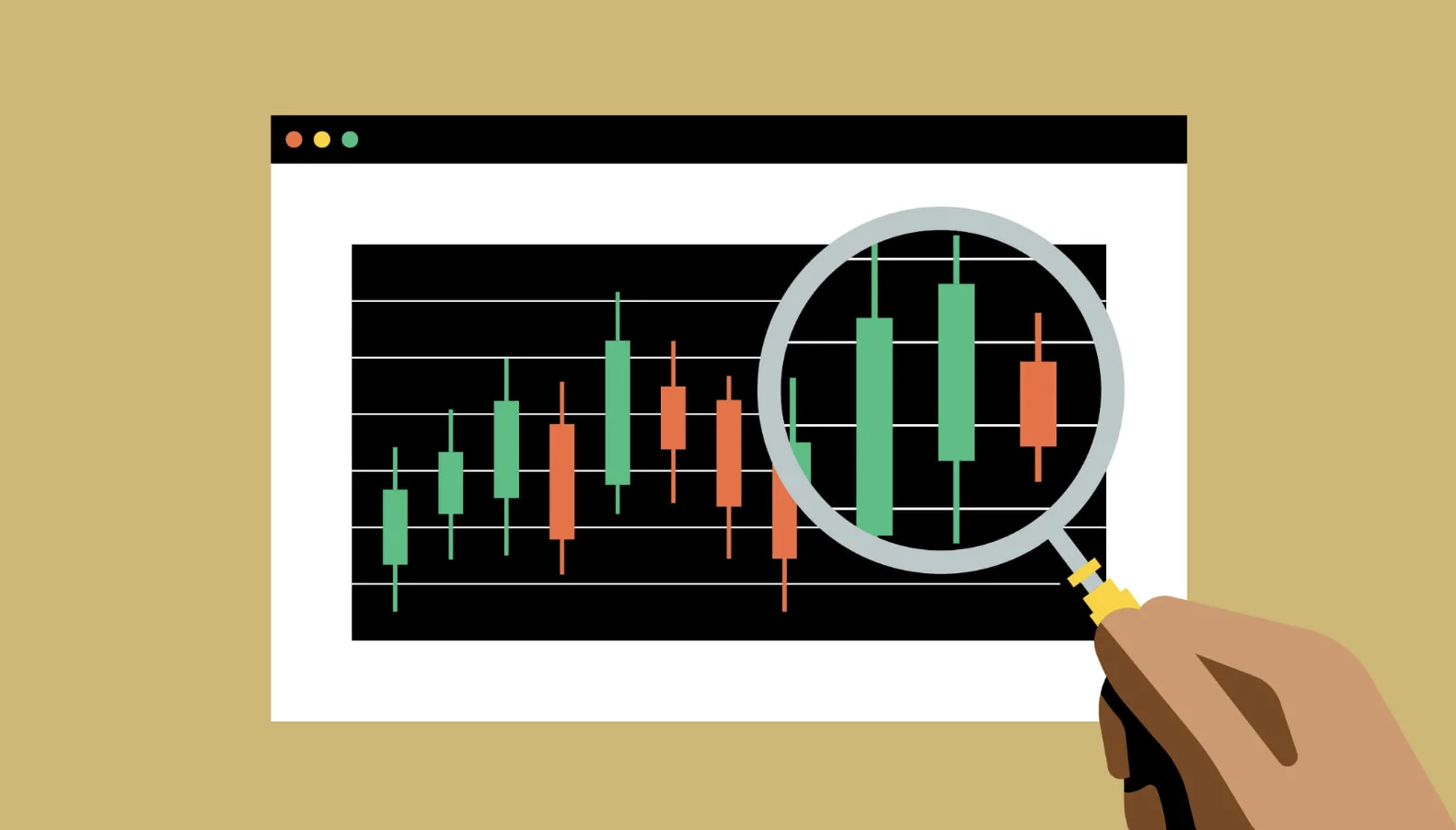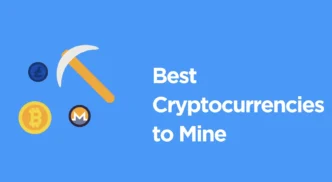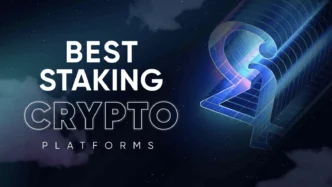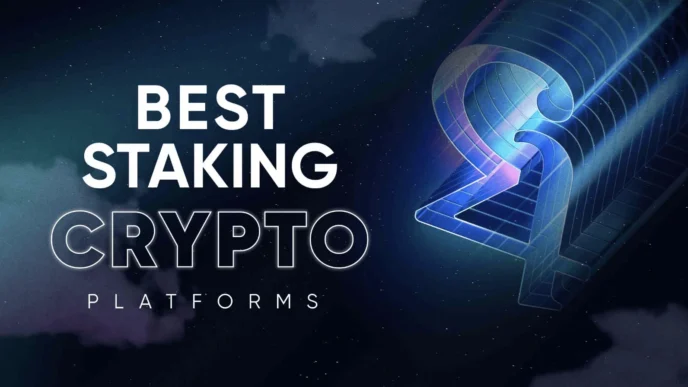What is TRC 20?
TRC-20 is a technical standard used on the TRON blockchain for creating and implementing smart contracts that govern token issuance and management. It is analogous to the ERC-20 standard on the Ethereum blockchain.
TRC-20 tokens are digital assets that enable the transfer, representation, and storage of value securely and transparently on the TRON network. They are widely used for various applications, including decentralized finance (DeFi), gaming, and stablecoins like Tether (USDT).
Features and Benefits of TRC 20
Key Features of TRC 20 Tokens
- Interoperability: TRC-20 tokens adhere to a well-defined set of rules, ensuring seamless compatibility with TRON’s blockchain infrastructure. This allows for easy integration with various decentralized applications (dApps), wallets, and exchanges.
- Customization: Token creators can define specific parameters such as the token’s name, symbol, total supply, and decimal places, tailoring the token to serve its intended purpose.
- High Scalability: The TRON blockchain can process thousands of transactions per second, making TRC-20 tokens suitable for high-frequency applications.
- Low Transaction Costs: Compared to other blockchain platforms, TRON boasts significantly lower transaction fees, making it cost-effective for token transfers and smart contract interactions.
- Security: TRC-20 tokens inherit the security features of the TRON blockchain, which uses a Delegated Proof of Stake (DPoS) consensus mechanism. This ensures network security and prevents double-spending or other malicious activities.
Also read:
What is a God Candle? Understanding This Crypto Phenomenon
What Is a Transaction Hash? Understanding Its Role in Cryptocurrency Transactions
Applications of TRC 20 Tokens
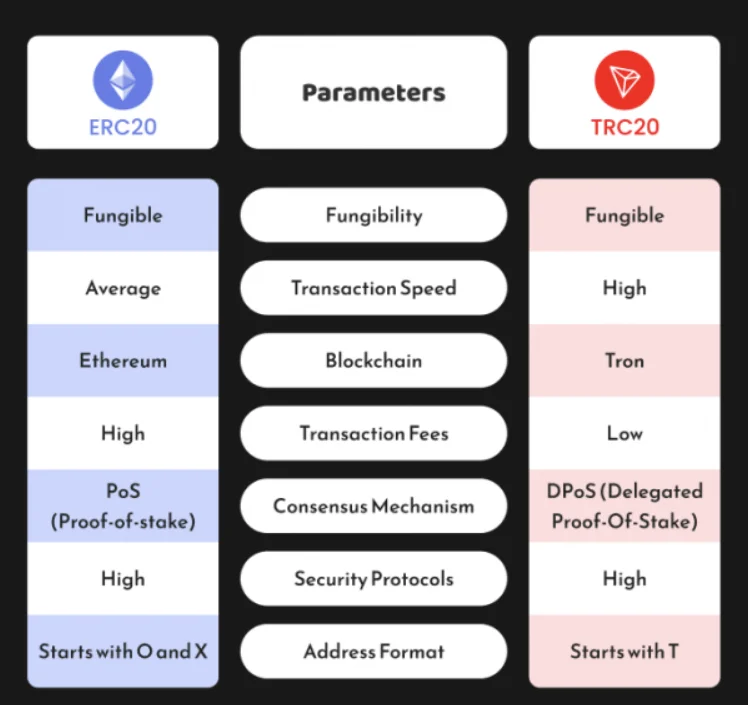
1. Utility Tokens and ICOs
TRC-20 tokens are often used as utility tokens within dApps on the TRON network. They allow users to access and utilize specific services or functionalities within these applications.
Additionally, startups and entrepreneurs can leverage TRC-20 to conduct Initial Coin Offerings (ICOs), raising funds by issuing tokens to early investors.
2. Decentralized Exchanges (DEXs)
TRC-20 tokens can be traded on decentralized exchanges, providing users with a seamless and secure trading experience within the TRON network. This trading capability enhances the liquidity and usability of TRC-20 tokens.
3. Gaming and Entertainment
The gaming industry has shown considerable interest in TRC-20 tokens for creating in-game assets and rewarding players. This fosters a new era of digital ownership and value transfer within games, leveraging the high scalability and low fees of the TRON network.
Differences Between TRC-20 and ERC-20
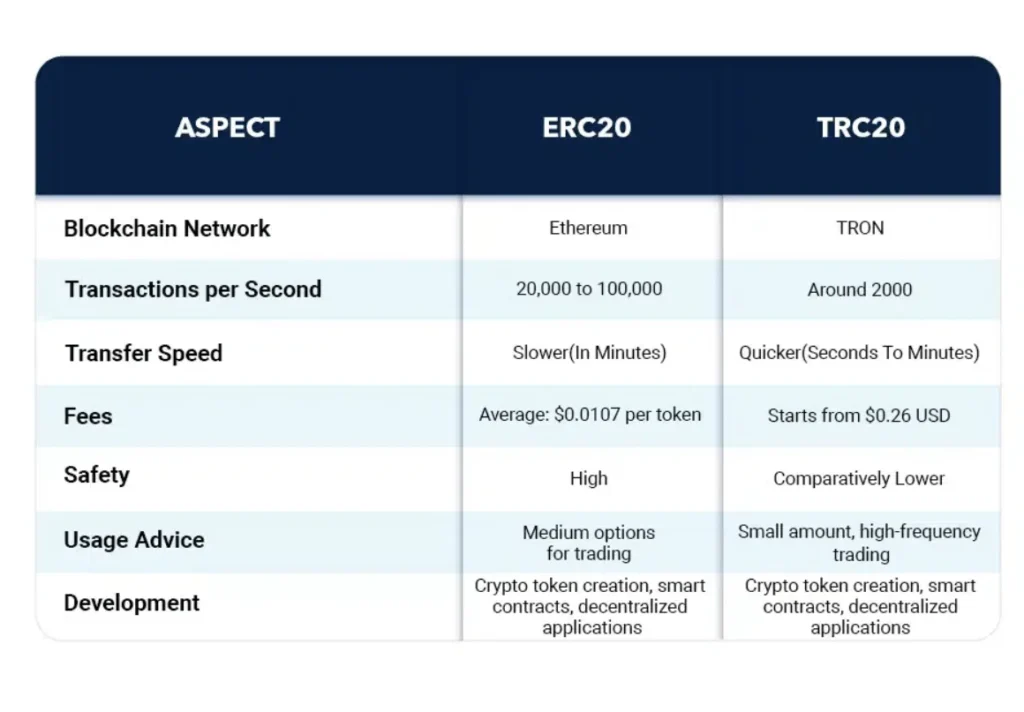
Network and Transaction Fees
While TRC-20 and ERC-20 share similar functionalities, they operate on different blockchain networks—TRC-20 on TRON and ERC-20 on Ethereum. TRC-20 tokens benefit from TRON’s lower transaction fees and faster transaction times compared to Ethereum, which has higher fees due to its Proof-of-Work (PoW) consensus model.
Consensus Mechanism
TRON uses a Delegated Proof of Stake (DPoS) consensus mechanism, which is more efficient and allows for higher throughput compared to Ethereum’s PoW model. This difference makes TRON more suitable for applications requiring extensive scalability and low-cost transactions.
In summary, TRC-20 is a robust and versatile token standard on the TRON blockchain, offering high scalability, low transaction costs, and strong security features. Its widespread adoption in various applications, from utility tokens to gaming and decentralized finance, underscores its significance in the crypto space.
